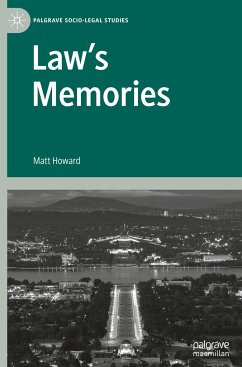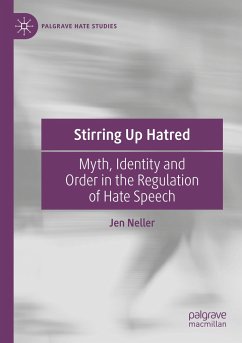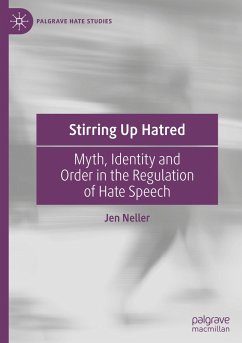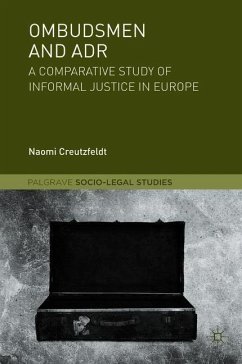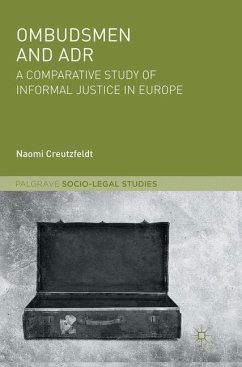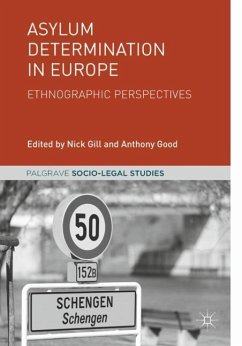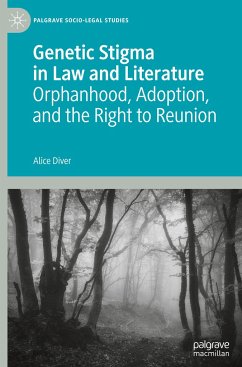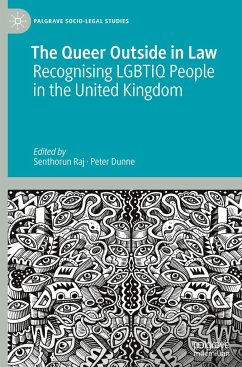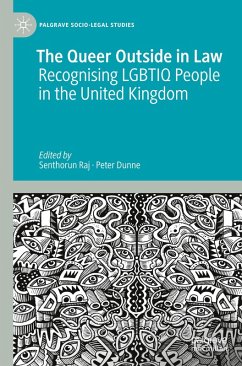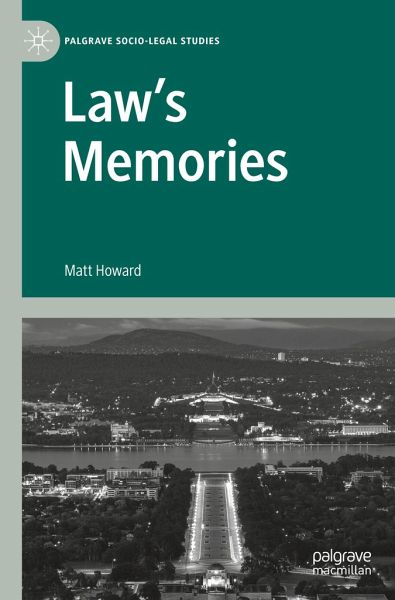
Law's Memories
Versandkostenfrei!
Versandfertig in 6-10 Tagen
91,99 €
inkl. MwSt.
Weitere Ausgaben:

PAYBACK Punkte
46 °P sammeln!
This book discusses the relationship between law and memory and explores the ways in which memory can be thought of as contributing to legal socialization and legal meaning-making. Against a backdrop of critical legal pluralism which examines the distributedness of law(s), this book introduces the notion of mnemonic legality. It emphasises memory as a resource of law rather than an object of law, on the basis of how it substantiates senses of belonging and comes to frame inclusions and exclusions from a national community on the basis of linear-trajectory and growth narratives of nationhood. O...
This book discusses the relationship between law and memory and explores the ways in which memory can be thought of as contributing to legal socialization and legal meaning-making. Against a backdrop of critical legal pluralism which examines the distributedness of law(s), this book introduces the notion of mnemonic legality. It emphasises memory as a resource of law rather than an object of law, on the basis of how it substantiates senses of belonging and comes to frame inclusions and exclusions from a national community on the basis of linear-trajectory and growth narratives of nationhood. Overall, it explores the sensorial and affective foundations of law, implicating memory and perceptions of belonging within this process of creating legality and legitimacy. By identifying how memory comes to shape and inform notions of law, it contributes to legal consciousness research and to important questions informing much socio-legal research.



